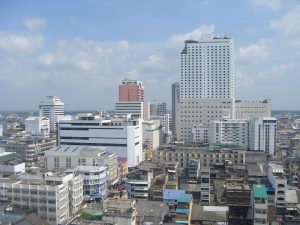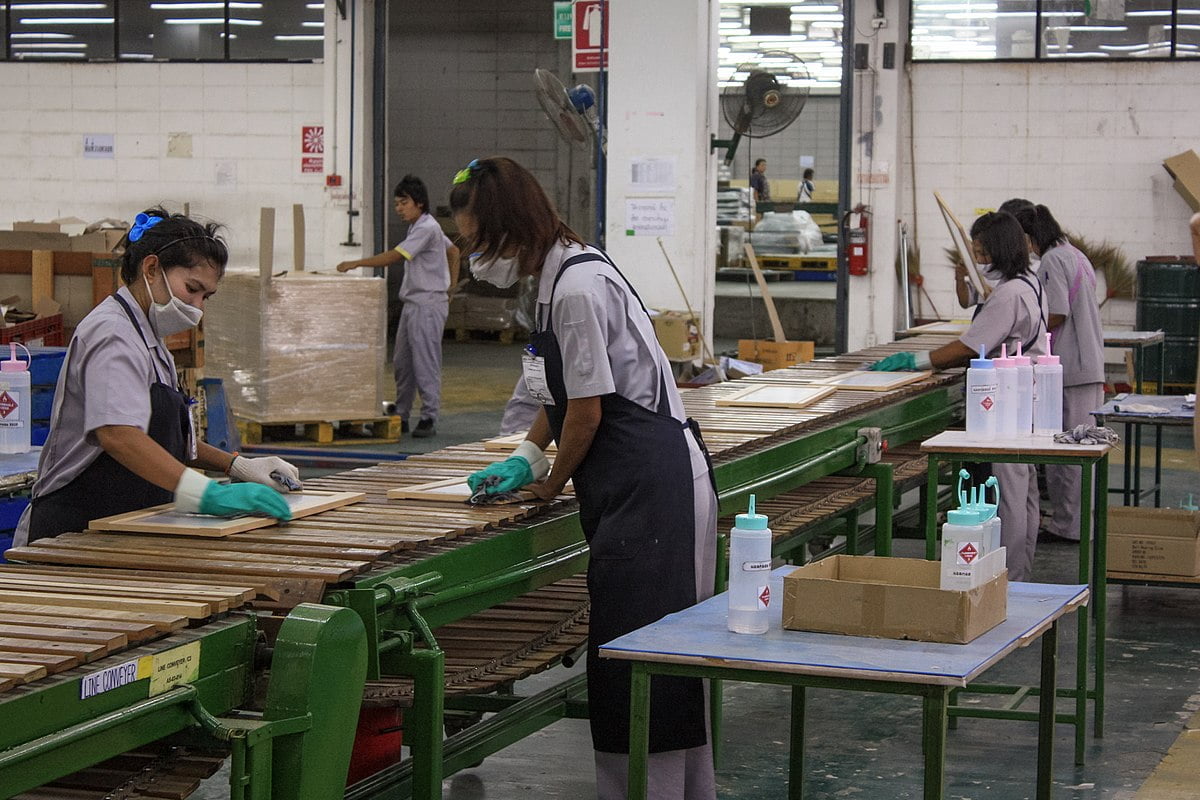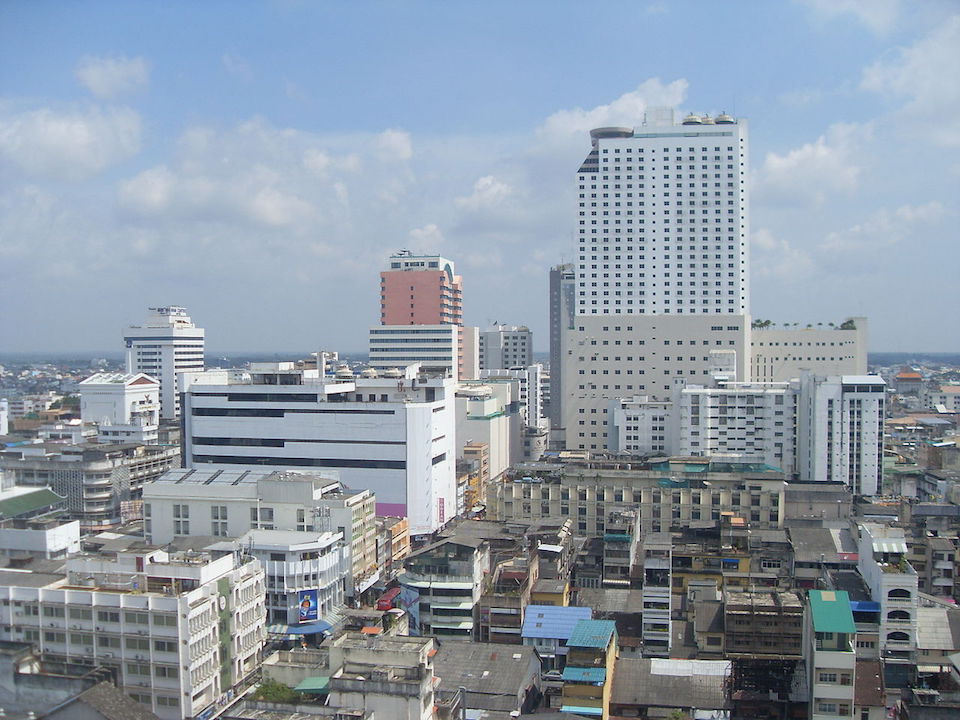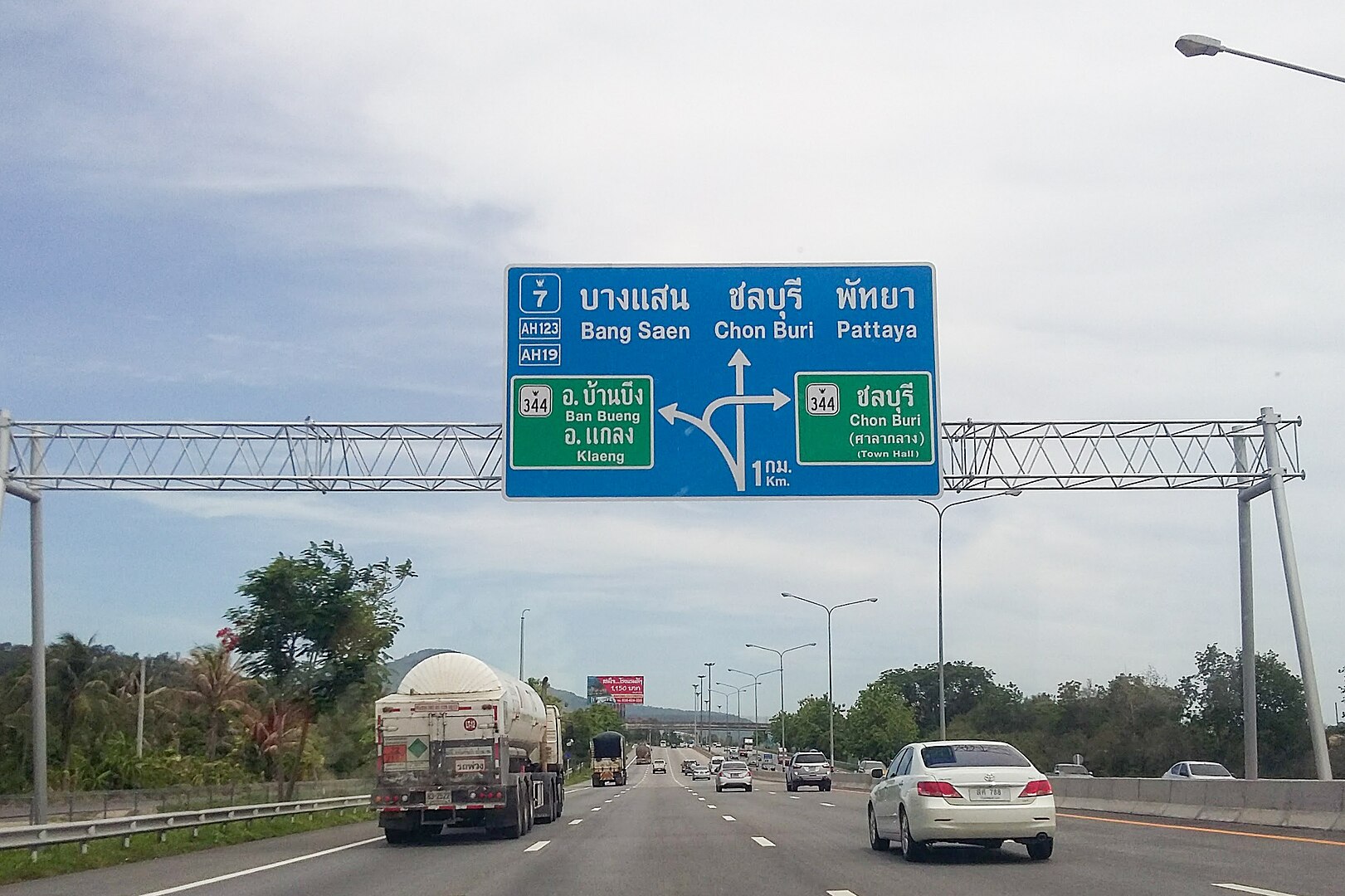Publishing group Pearson announced the sale of the Financial Times Group to Japanese media firm Nikkei for $1.32 billion on Thursday night (July 23), a move that caused concern among many Chinese.
The expensive deal shocked many in the media industry, as previous reports indicated that German group Alex Springer was close to reaching an agreement on buying the Financial Times. The news also dismayed Beijing, as George Chen, a reporter from the Hong Kong-based newspaper South China Morning Post, revealed on Twitter.
The Financial Times has been one of the most influential Western media outlets in its coverage of Chinese business. Moreover, compared to other Western outlets, the newspaper has a friendly relationship with the the Chinese government.
Established in 1888, the paper has three bureaus in China — Beijing, Shanghai and Hong Kong that report on China extensively. Its Chinese version, FTChinese, was launched 10 years ago and enjoys rather good circulation. In March this year, FT became the first foreign media outlet to interview Li Keqiang, a remarkable opportunity considering Beijing’s antagonistic attitude towards foreign news organizations.
Given the lingering bad blood between China and Japan over Japanese war crimes during World War II as well as geo-political tensions in Asia, many wondered how, if at all, the change of ownership would affect the Financial Times’ expansion in China and its coverage of the country.
Regardless of Nikkei’s reassurance that it’s determined to uphold the paper’s “quality, impartiality and reliability in its journalism and global viewpoint”, nationalistic responses flooded Chinese social media soon after the deal was made public, with some even calling for a boycott of the newspaper.
As China is eager to expand its influence in regional and global politics, many Chinese netizens wondered why state-owned media groups did not buy the paper.
Read more: globalvoicesonline.org – Written by Oiwan Lam






















+ There are no comments
Add yours